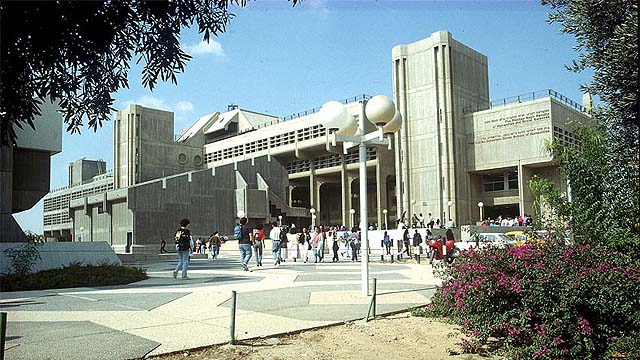
Beer-Sheva was one of seven cities named by T3 Advisors and Brandeis International School’s first Global Technology Emerging Markets as cities of tomorrow for technology and life sciences. Ben-Gurion University of the Negev took some of the credit for this citing its leadership role in the region.
Israel
That’s right! Beer Sheva! The city known in Israel as the gateway to the Negev.
That has always been one of the biggest advantages of the high tech industry: It can be done anywhere in the world with no need for extended infrastructure.
That’s why people can start a new company in the middle of a desert or in their own homes and why Israel, in part, was able to become the world’s “Startup Nation.”
T3 Advisors, a global corporate real estate services and consulting firm, and the Brandeis International Business School announced the results of the first of its kind joint Global Technology Emerging Markets study last month. The study provides leaders at technology and life sciences firms with recommendations on the best the “cities of tomorrow”- based on key data and analysis of the competitive advantages.
Based upon analysis from multiple sources including interviews with corporate real estate decision makers and local experts, the study identifies seven locations worldwide as emerging, up-and-coming hubs that technology and life sciences companies should consider as they evaluate their global location strategy.
The study analyzed a vast array of data to identify the seven cities, including the cost of doing business, future labor pool opportunities as evidenced by undergraduate and graduate enrollment at centers of excellence in science, technology, and engineering, as well as other key business climate metrics, real estate costs, patent applications, business competition, corruption indexes and economic momentum indicators.
It noted that BGU and its centers of excellence, including the emerging CyberSpark initiative have drawn significant international business to the city.
Meanwhile, Israel ranked 5th out of 50 countries in Bloomberg’s Global Innovation Index 2015. It was second in R&D, and fourth in Education and Research Personnel.
Israel







